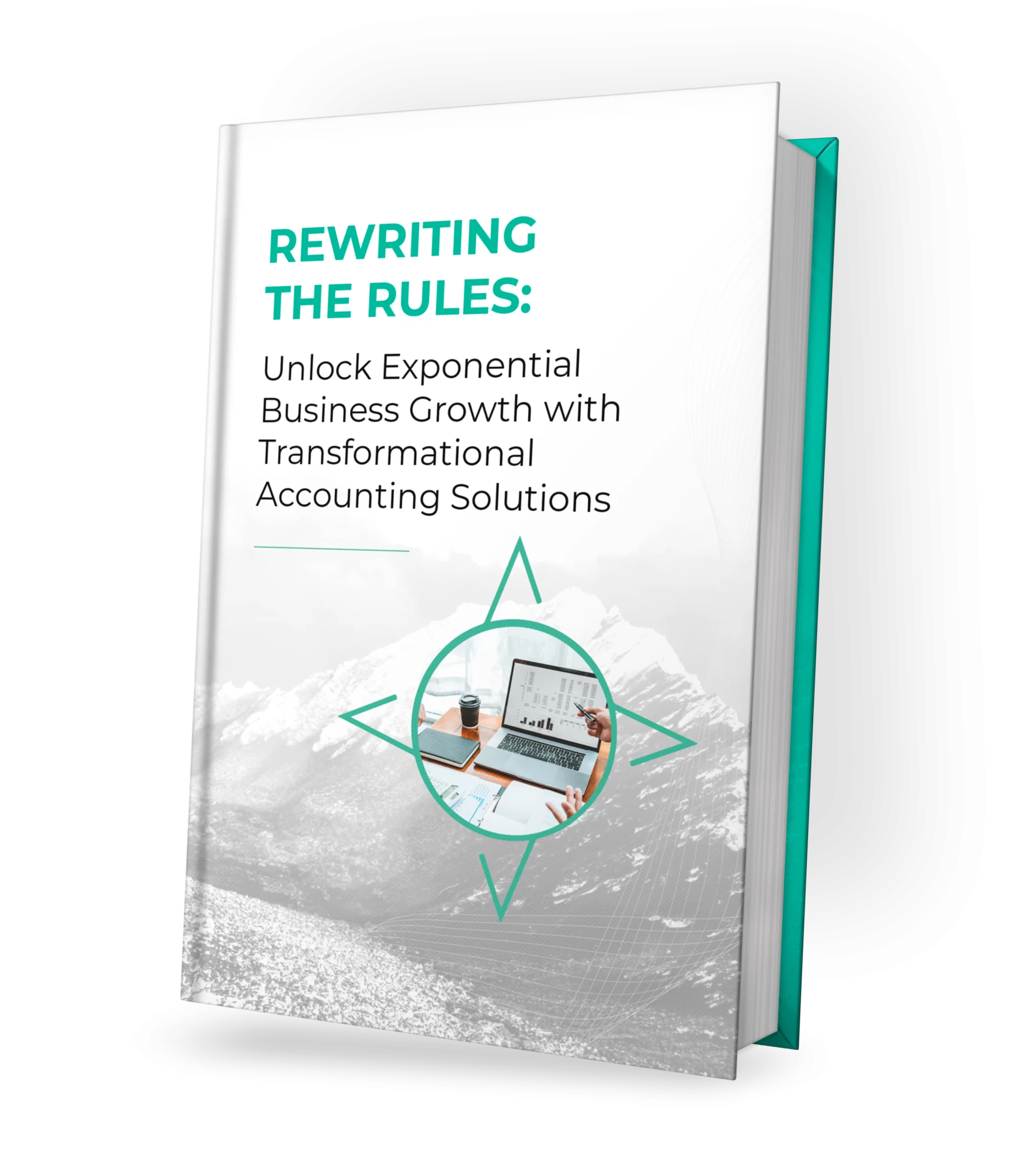In addition to filing tax returns, understanding how long to maintain tax records is crucial for avoiding potential legal and financial penalties. This guide provides insights into the IRS’s recommendations on tax record retention for both individual taxpayers and businesses, ensuring you are well-prepared. In this article, we’ll review the necessities for proper tax record retention.
IRS Recommendations for Taxpayers
What Records to Keep
The IRS mandates that small businesses and self-employed taxpayers maintain sufficient records to establish amounts of gross income, deductions, and credits. This documentation includes, but is not limited to:
- Information Statements: Forms W-2 for wages, Form 1099 for various types of income, and Form 1098 for mortgage interest statements.
- Financial Records: Bank statements, canceled checks, and any receipts related to tax-related transactions.
- Contribution Records: Detailed records of charitable contributions, including monetary amounts and non-cash donations.
- Investment and Property Records: Purchase and sale records for investments, closing statements, and other relevant real estate documentation.
Maintaining a complete copy of your filed tax returns, including all schedules and attachments, along with any proof of tax payments, is equally important.
Recommended Duration for Keeping Individual Tax Records
While the standard recommendation is to keep your records for three years from the date you filed your original return, there are exceptions that necessitate longer retention:
- Underreported Income: If you underreported your income by more than 25%, the IRS advises keeping your records for six years.
- Unfiled Returns: If you haven’t filed a return in any year, keep records indefinitely.
- Claim for a Credit or Refund After Filing: If you file a claim for a credit or refund after your tax return, keep records for three years from the date you filed the original return or two years from the date you paid the tax, whichever is later.
- Fraudulent Returns: If you filed a fraudulent return in any year, keep records indefinitely.
Specific Guidelines for Business Taxpayers
General Record Retention Guidelines
Effective recordkeeping for businesses is not a one-size-fits-all endeavor, but here are some general guidelines to follow:
- Records to keep Permanently: Essential documents, such as canceled checks or epayment confirmations for tax payments, IRS correspondence, sales tax returns, and depreciation schedules, should be kept permanently. This ensures that your business can address any queries or audits from the IRS efficiently.
- Employment Tax Records: Keep all records of employment taxes for at least four years after the date the tax becomes due or is paid, whichever is later.
Additional Considerations for Business Tax Records
Business taxpayers with tax benefit items or positions that carry forward should adjust their record retention policies to ensure documents are kept through the conclusion of the statute period in which the benefit is claimed.
Sector-specific advice: Industries with specific tax considerations, such as real estate, should consult sector-specific guidelines ex. depreciation schedules, building improvements (UOP), and asset purchase agreements.
Electronic Document Retention Standards
Under Rev. Proc. 98-25, the IRS has set forth requirements that must be met when books and records are maintained within computerized systems. These include:
- Documentation Requirements: Taxpayers must document the business processes that support the generation of their electronic books and records.
- System Controls: Adequate controls must be in place to ensure the integrity, accuracy, and reliability of the electronic financial systems.
- Record Accessibility: Electronic records must be readily accessible and convertible into a readable format in case of an IRS audit.
Document Retention Guidelines: Business vs. Personal
| Category | Business Documents | Personal Documents |
|---|---|---|
| Tax Records | Tax Returns: 3 years | Tax Returns: 3 years |
| Payroll Tax Records: 4 years | ||
| Sales Tax Returns: Permanent | ||
| Corporate Records | Minutes of Board Meetings: Permanent | N/A |
| Bylaws and Articles: Permanent | ||
| Stock Certificates: Permanent | ||
| Operating/Partnership Agreement: Permanent | ||
| Legal Documents | Contracts and Leases: 7 years after expiration | Wills and Trusts: Permanent |
| Licenses, IP Documents: Active + 7 years | Medical Power of Attorney: Permanent | |
| Financial Records | Invoices, Ledgers: 7 years | Bank Statements: 3 years |
| Financial Statements: Permanent | Investment Records: 7 years after sale | |
| Insurance Documents | Policies, Claims: Policy life + 3 years | Home, Auto Policies: Policy life + 3 years |
| Real Estate Records | Property Deeds: 6 years after sale | Home Purchase/Sale: 6 years after sale |
| Mortgage Documentation: 7 years after payoff | Home Improvement Records: 6 years after sale |
Preparing for IRS Audits
What Tax Records to Provide During an Audit
Taxpayers should be prepared to present all relevant records that support their tax filings. This includes documentation related to the creation, authenticity, and maintenance of their records. The IRS may issue a Form 4564, Information Document Request, to specify what documents are needed during an audit.
Conclusion:
Maintaining diligent tax records is not merely a recommendation—it is essential for legal and financial health. Adhering to the IRS’s guidelines ensures that you are prepared for any inquiries or audits.
Staying compliant with tax laws can be challenging. For personalized assistance with your tax records or preparing for an IRS audit, contact us today.

